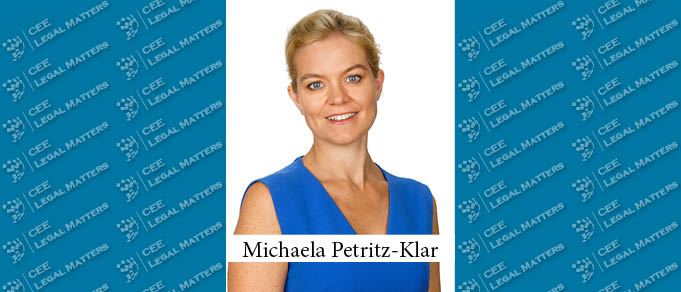Tax legislation updates are the zeitgeist in Austria right now, according to Taylor Wessing Partner Michaela Petritz-Klar, with the energy sector, cryptocurrencies, and online platforms being at the forefront of overhaul efforts.
“From a pure tax perspective, there are a number of issues that are intensely discussed in Austria right now,” Petritz-Klar begins. “As part of a green tax initiative with the aim to incentivize more carbon dioxide-neutral energy usage and tax fossil fuel sources more heavily, the scope of an exemption from electricity duty was widened and now also includes self-produced energy from renewable energy sources." Furthermore, she says a carbon dioxide duty “shall be introduced for importers/producers or other entrepreneurs placing fossil fuels on the market.” However, due to the war in Ukraine, the carbon dioxide duty is to be postponed until October 2022.
Focusing on a more Austria-specific issue, Petritz-Klar reports that the country has introduced a flat tax of 27.5% on all cryptocurrencies. “The tax is already in place and covers any kind of crypto-related income while excluding NFTs and asset tokens,” she says. “This is a more favorable framework compared to before, when crypto-related activities could be taxed as high as 50%, which adversely affected frequent trading,” she explains.
Furthermore, Petritz-Klar highlights that, by the start of 2023, “DAC 7 compliant disclosure and reporting obligations will be implemented for specific platform operators. As of 2023, operators of online platforms will have to enable sellers to liaise with users regarding, for example, the renting of immovable property, personal services, or the sale of goods, and will have to implement adequate due diligence procedures to identify the relevant sellers,” she explains. “The platform operators will now have to ensure that relevant seller data is delivered to the tax authorities in time. Right now, it is envisaged that first reports will need to be filed by end of January 2024, thereby still leaving a bit of time for online operators to get acquainted with the new regime,” Petritz-Klar elaborates.
More of an EU-wide issue is the implementation of the new Anti-tax Avoidance Directive 3, Petritz-Klar says. “This targets, in particular, shell companies with little or no substance. The timeline for its implementation is the end of June 2023, with the rules to enter into force as of 2024,” she says.
Finally, as an interesting recent development in the sphere of litigation, Petritz-Klar shares that there has been an increase in COVID-19 subsidies-related disputes. “For lawyers, it is in between civil law and public law and has a lot of constitutional law aspects, meaning that it is interesting to litigate,” she shares. “The longer the COVID crisis went on, the more stringent the approach of the government became, and subsidies applications started getting denied,” Petritz-Klar explains. “Now, a lot of applicants are seeking to litigate to enforce the approval of their application, leading to more work in this regard,” she concludes.















